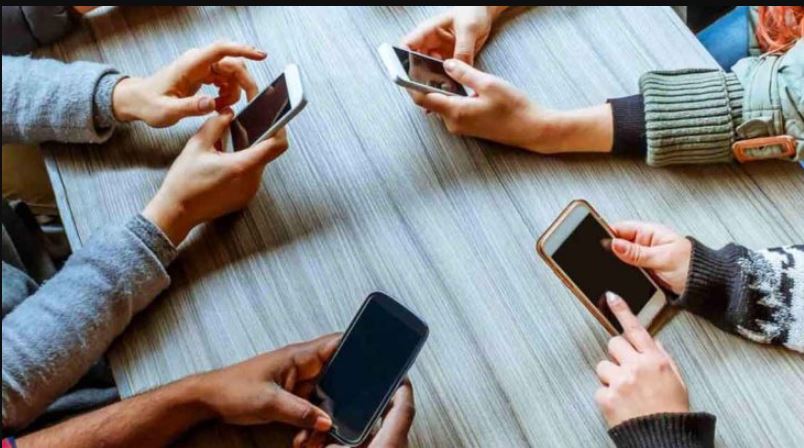Researchers at Rutgers University published a study in Behavioral Addiction magazine that using a mobile phone to rest without a mentally challenging task does not allow the brain to charge effectively, and can also cause performance degradation.
The researchers invited 414 college students and presented a set of challenging puzzles consisting of 20 words, then completing the puzzle game by typing or handwriting.
Some people are resting halfway, during which they are told to choose three items for purchase within a specific budget, either using a mobile phone, using paper flyers, or using a computer.
The results showed that those who used the mobile phone to rest experienced the highest level of mental consumption and were one of the least able to solve the problem.
Their efficiency and speed after rest are comparable to those who do not have a break. The number of crossword puzzles is slightly better than those who have no rest but worse than all other participants.
Participants who use the rest on the phone spend 19% of the time completing the remaining tasks, and the number of problem-solving problems is 22% less than the sum of the problems solved by the participants in other rest conditions.
Terri Kurtzberg, associate professor and co-author of management and global business at Rutgers School of Business, said: “It’s becoming more and more common to reach out and hold mobile phones in the middle of a mission, so understand every minute. The cost associated with using the device during free time is very important. We assume that this is no different from other breaks, but the phone may introduce more and more distractions, making it difficult to focus on the task. ”
“Mobile phones may have this effect because even if you just see your phone, it will stimulate ideas for checking information, communicating with people, getting constantly replenished information, and how we use other screens such as computers and laptops. different.”

Related Posts
Moto G85 5G launched in India but is unlikely to beat VIVO or XIAOMI
What is stopping smartphone gaming from becoming the next big thing? The problems, and the possible solutions
Smartphone buying guide for everybody. The ultimate guide to not regret your smartphone purchase after buying.
Vivo Y200 5G smartphone Launched in India: Checkout the specifications and pricing
Samsung Galaxy S24 Series Rumors: Release Date and What to Expect
Hyper OS to Take the Lead Over Xiamoi’s MIUI